Engineering X invests nearly £1m to save lives in decommissioning of ships and offshore structures

Engineering X – an international collaboration founded by the Royal Academy of Engineering and Lloyd’s Register Foundation – has awarded nearly £1 million in grants to six projects in the UK and overseas aimed at tackling the complex social, environmental and engineering challenges of decommissioning ships and offshore structures.
From training to improve worker safety in ship recycling facilities in Bangladesh, to assessing the risks of structural failure of decommissioned offshore structures, the projects will tackle priority global safety issues as part of the Engineering X mission to achieve Safer End of Engineered Life.
Safe, modern decommissioning facilities are available around the world but most ships, as well as many offshore structures, reach the end of their operational lives on a handful of poorly equipped beaches in South Asia. The International Labour Organization has classified shipbreaking among the world’s most dangerous occupations, with unacceptably high levels of fatalities, injuries and work-related disease. The Hong Kong International Convention for the Safe and Environmentally Sound Recycling of Ships was adopted in 2009 but has yet to come into force.
To significantly improve safety, grants of between £50,000 to £200,000 in value have been awarded to the following projects:
-
Safety envelope for ship recycling practices in Bangladesh: hazard identification and risk evaluation
Led by Newcastle University in Singapore (Singapore)
Partners: Bangladesh University of Engineering and Technology (Bangladesh), Kabir Steel Limited (Bangladesh)
To achieve a better understanding of the relationship between ship recycling practices, their hazards and the safety and wellbeing of the people who work in ship dismantling/recycling facilities in Bangladesh.
-
Safe and sustainable decommissioning of offshore structures taking into consideration the peculiarities of the ASEAN & South Asia Regions
Led by: Universiti Teknologi Malaysia (Malaysia)
Partners: R.L.Kalthia Ship Breaking Pvt. Ltd. (India), Newcastle University in Singapore (Singapore), Liverpool John Moores University (UK), Insititut Teknologi Bandung (Indonesia), Sea Sentinels Pte Ltd (Singapore), PetroVietnam University (Vietnam), Hanoi University of Science and Technology (Vietnam), Mahidol University (Thailand)
To develop technical guidelines for safe and sustainable decommissioning processes and develop safe and sustainable recycling facilities and safe downstream waste management facilities for decommissioned offshore structures in ASEAN and South Asia.
-
The risks of structural failure of decommissioned offshore oil and gas installations worldwide
Led by Energy Institute (UK)
Partners: Regional Maritime University (Ghana), University of Strathclyde (UK), SEIP 7 (Brazil), Liverpool John Moores University (UK)
To investigate worldwide the major accident risks associated with the loss of structural integrity of oil and gas platforms during their decommissioning and assess whether the sector has adequate arrangements for managing these risks. Includes an international survey of stakeholders to obtain views on current practice with respect to structural integrity management.
-
Supporting the Ship Recycling Transparency Initiative
Sustainable Shipping Initiative (UK)
To build on the SRTI’s existing aims to accelerate a voluntary market-driven approach to responsible ship recycling practices. Includes improvements to the SRTI’s online platform through which shipowners can publicly disclose their ship recycling policies, and further development of their disclosure criteria to improve transparency in ship recycling value chains.
-
Establishing a global baseline and raising awareness to help deliver safety improvements
Led by University of Southampton (UK)
Partners: Advisian (UK), University tec de Monterrey (Mexico), University of Teramo (Italy), NGO Shipbreaking Platform (Belgium)
To develop an open access, dynamic and graphical web-dashboard with associated evidential material and reports on a wide range of information including the number, age and location of offshore structures and ships globally, the materials they contain, their legislative contexts and who has ownership and other responsibilities.
-
Ensuring the rights of communities and workers affected by shipbreaking
Led by NGO Shipbreaking Platform (Belgium)
Partner: Bangladesh Environmental Lawyers Association (BELA) (Bangladesh)
To increase – in partnership with the Bangladesh Environmental Lawyers’ Association (BELA) – awareness of existing workers’ rights, including occupational health and safety, to support demands for safer working conditions.
In 2019, 674 commercial ships and offshore units were sold to scrap yards, according to a recent report. Of these vessels, 469 large tankers, bulkers, floating platforms, cargo and passenger ships were broken down on just three beaches in Bangladesh, India and Pakistan, amounting to nearly 90% of the gross tonnage dismantled globally.
The problem of disposing of ageing offshore structures is moving up the global agenda as an increasing number of oil and gas developments are reaching the end of their operational lives. Alongside the current wave of decommissioning from the offshore oil and gas sector, the growing offshore renewable energy industry is setting up new waves of decommissioning activity for the future.
William Powrie FREng, Professor of Geotechnical Engineering at the University of Southampton and Chair of the board for this Engineering X programme, said “Achieving a safer end of engineered life for ships and offshore structures is a delicate balancing act. As long as these structures have residual economic value there is an incentive to recycle them. The alternative includes abandonment or deliberate scuttling on a large scale.
“But the challenge of improving safety during decommissioning is not one that can be hidden by displacing the safety risks to parts of the world least able to manage them—the danger to human life, health and the environment arising from current practices is a global problem and is too high. By awarding these grants and through the wider activities of this programme, Engineering X hopes to help all parties progress towards safer and more sustainable solutions that work for all.
“All those with an interest or stake in any stage of the life cycle of ships and offshore structures must understand their role in the processes that give rise to the poor safety record of decommissioning generally. They must also acknowledge a shared responsibility to raise standards and to develop and adopt best practices to improve safety wherever these structures end their operational lives. It is increasingly in their interests to do so.”
Safer decommissioning of offshore structures and ships will be the focus of number of Engineering X activities over the coming months and will include a global conference in 2022.
Notes for editors
- Safer decommissioning of offshore structures and ships was the focus of the Safer End of Engineered Life programme in its first year. An international workshop held 8–9 July 2019 acted as the starting point of this activity, convening stakeholders from a broad range of disciplines and sectors to work together to identify fundamental safety challenges in the area and impactful ways to address them. 58 participants attended from 21 countries. After the workshop, a funding call was launched for participants and their wider networks for projects that addressed the workshop’s objectives and would create impact in this area.
- Engineering X and the Safer End of Engineered Life Programme
Engineering X is an international collaboration, founded by the Royal Academy of Engineering and Lloyd’s Register Foundation, that brings together some of the world’s leading problem-solvers to address the great challenges of our age. Our global network of expert engineers, academics and business leaders is working to share best practice, explore new technologies, educate and train the next generation of engineers, build capacity, improve safety and deliver impact.
Engineering X Safer End of Engineered Life is a five-year programme with the mission to reduce the number of incidents, accidents and casualties that happen as a result of safety issues by improving existing waste management practices and supporting design-for-waste principles and safer, more sustainable waste policies in the longer term. Its objectives are:
- to understand and apply practical interventions to improve safety at end of engineered life
- to build an international community of knowledge and good practice across national and sectorial boundaries for the improvement of safety in end of engineered life
- to raise awareness and public understanding of these issues
- Royal Academy of Engineering is harnessing the power of engineering to build a sustainable society and an inclusive economy that works for everyone. In collaboration with its Fellows and partners, the Academy is tackling the greatest challenges of our age by growing talent and developing skills for the future, driving innovation and building global partnerships, and influencing policy and engaging the public.
- Lloyd’s Register Foundation is an independent global charity with a unique structure and an important mission: engineering a safer world. We reduce risk and enhance the safety of the critical infrastructure that modern society relies upon in areas such as energy, transport, and food.
Our vision is to be known worldwide as a leading supporter of engineering-related research, training and education that makes a real difference in improving the safety of the critical infrastructure on which modern society relies. In support of this, we promote scientific excellence and act as a catalyst working with others to achieve maximum impact. We meet our aims by awarding grants, by direct activity, and through the societal benefit activities of our trading group, which shares our mission. Through our grant making we aim to connect science, safety and society by supporting research of the highest quality and promoting skills and education.
For more information please contact: Pippa Cox at the Royal Academy of Engineering Tel. 020 7766 0745; email: [email protected]







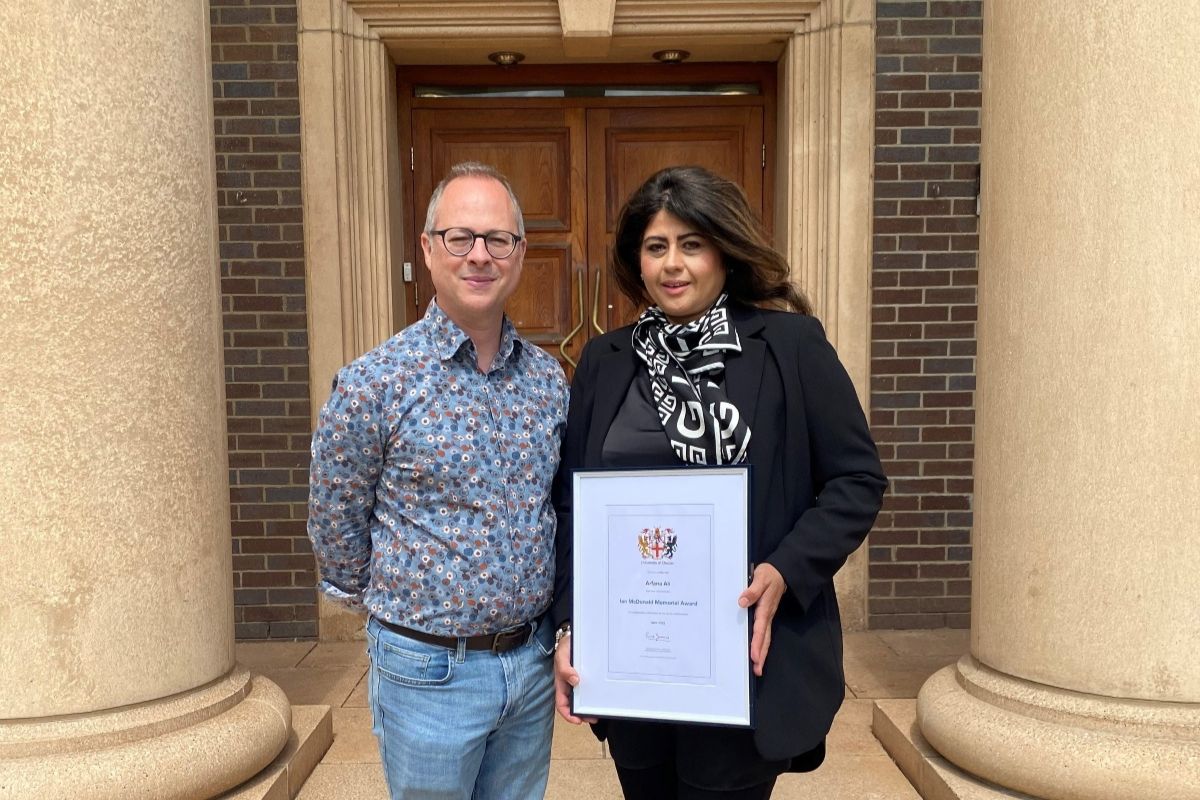
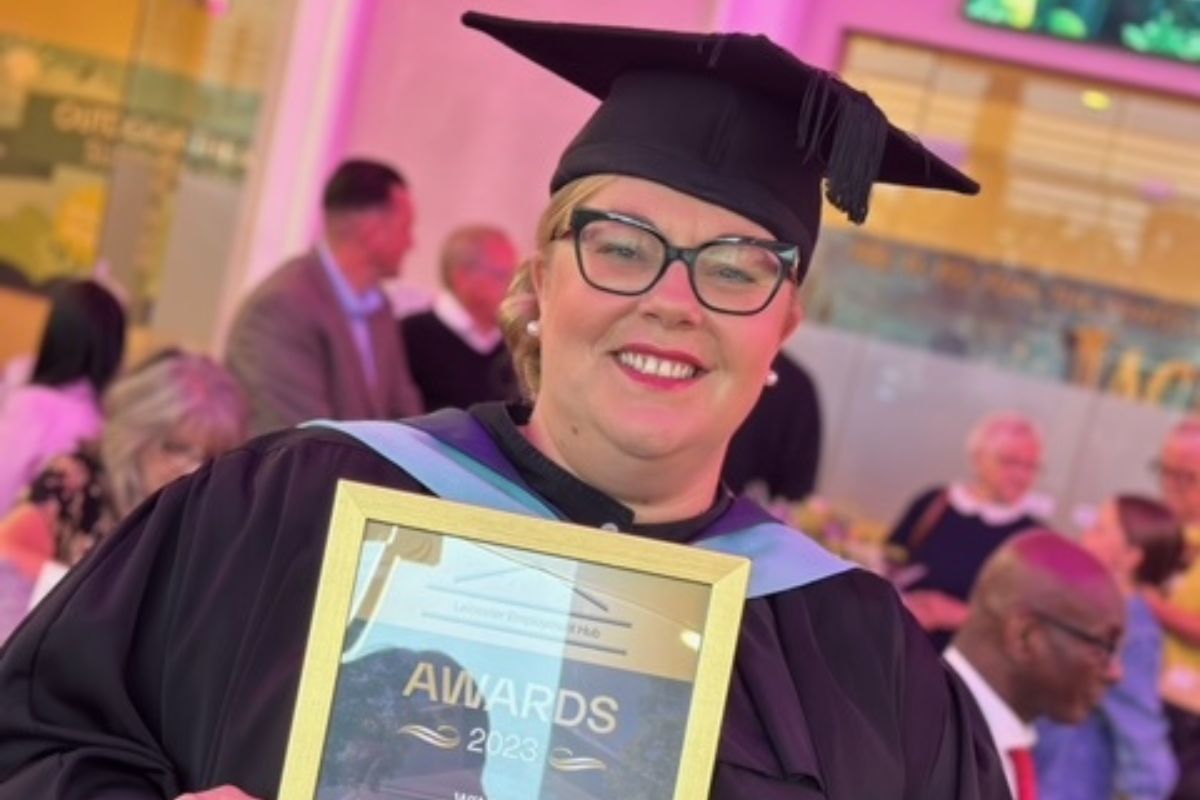
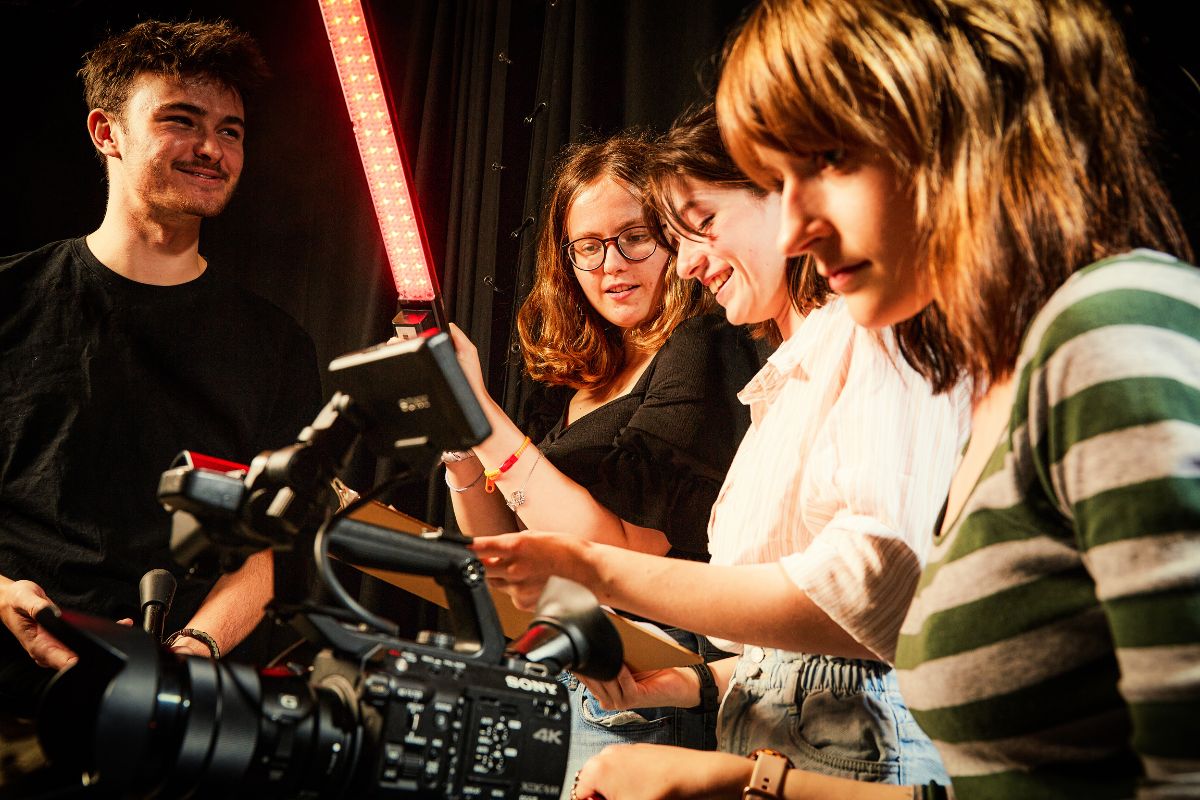
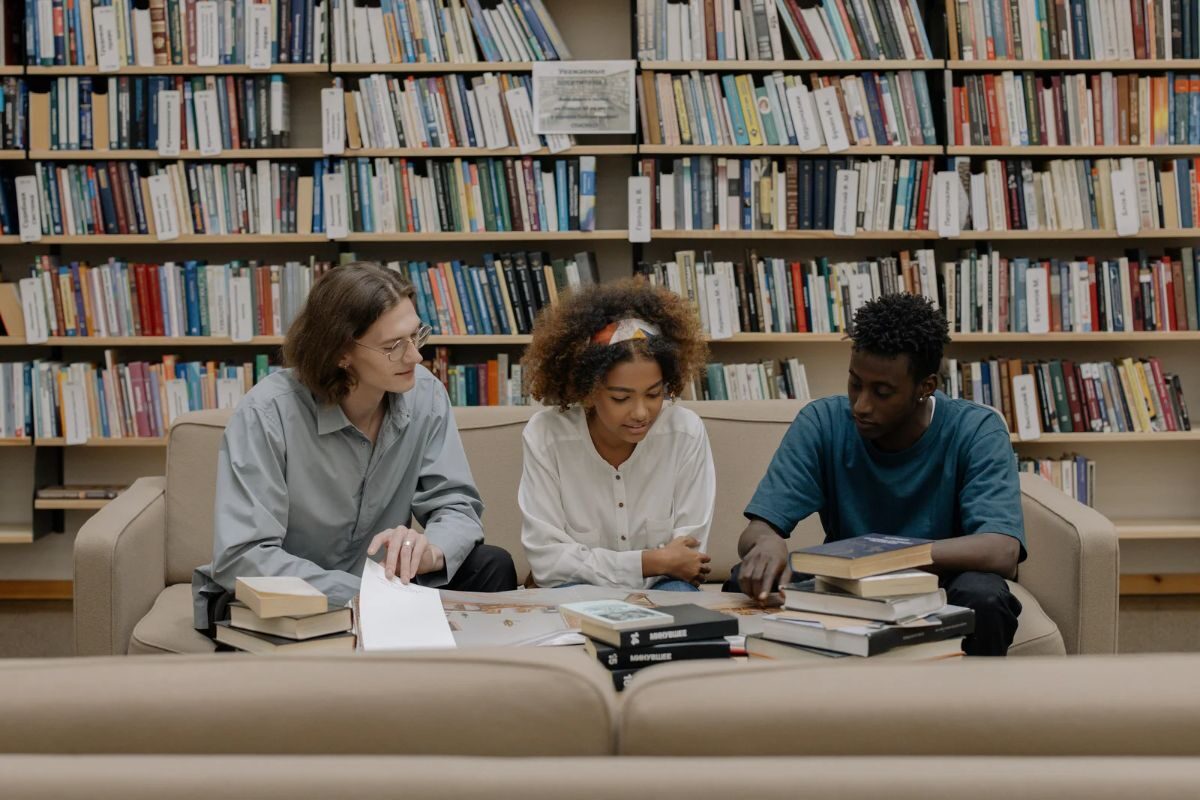
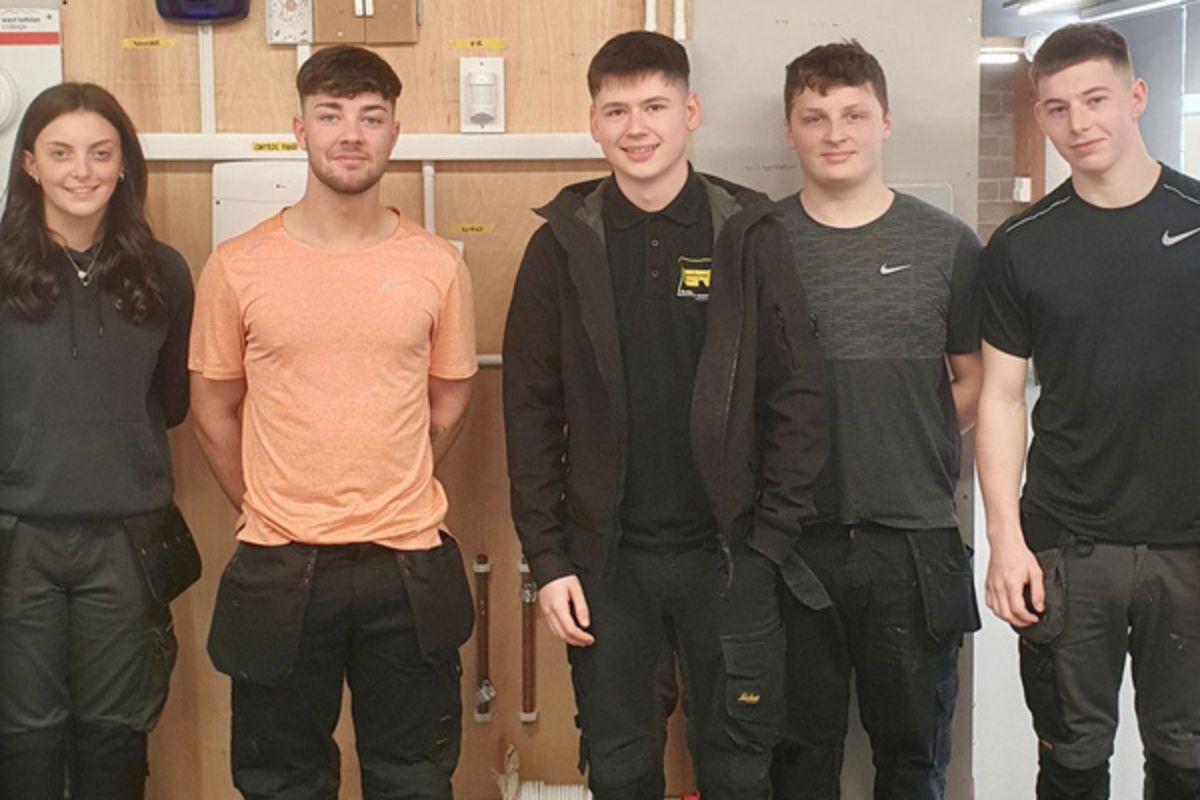
Responses